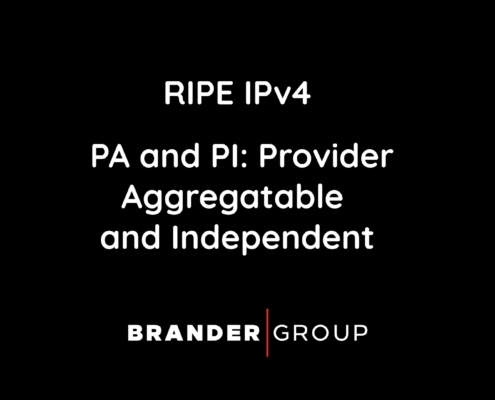What is IP Address Management (IPAM)?
IPAM, or Internet Protocol Address Management, is a crucial component of IPv4 address and network management. It ensures that networks are secure, efficient, and organized. It also helps to prevent conflicts between multiple devices trying to access the same IP addresses on a given network. But why is IPAM so important? Let’s look at how IPAM works and its importance for running an effective network.
IPAM works by tracking all the available IPv4 addresses on a given network. It then assigns them to each device in a way that minimizes conflicts and keeps the network running more efficiently. This process can be done manually or with the help of specialized software tools that automate the process. For example, if you have a large number of computers connected to your network, you can use an automated system to assign unique IP addresses to each device without having to manually manage them yourself.
Using IPAM vs Excel Spreadsheets
IPAM is important because it helps keep networks organized and secure. Without proper address management, it can be difficult for IT administrators to keep track of which devices are connected to their networks and what resources they are using. This makes it easy for malicious actors to take advantage of unsecured devices or access sensitive data stored on those devices. Additionally, having effective address management ensures that each device has an assigned address so that they don’t conflict with other machines on the same network. This prevents disruptions in service due to conflicting requests from multiple devices trying to access the same resource.
The most obvious benefit to using an IPAM tool instead of Excel spreadsheets is automation—an automated system will be much faster and more efficient than manually entering data into a spreadsheet. With an automated system, all of your IPv4 address data will be stored securely in one centralized location and can be accessed quickly with just a few clicks. This makes for easy management and analysis when necessary. Additionally, tools like network configuration managers also offer features such as bulk editing capabilities to make changes even faster.
The accuracy of your IPv4 address configurations is important; inaccurate data could lead to problems down the line. By using an automated system such as IPAM, you can ensure that your data is accurate and up-to-date at all times—no manual intervention is required. Plus, since the data is stored securely in one place, there’s no risk of it getting lost or corrupted due to user error or other technical issues.
Final Thoughts on IP Address Management
Internet Protocol Address Management (IPAM) is essential for keeping IPv4 address networks organized, secure, and efficient. It helps prevent conflicts between multiple devices trying to access the same resource as well as malicious actors taking advantage of unsecured devices on a given network. By automating this process with specialized software tools, network administrators can easily manage their networks without having to manually assign unique IPv4 addresses for each device. With proper implementation of IPAM solutions, network managers can ensure their IP addresses remain secure and their networks run smoothly at all times!
Our team can help determine the best IPAM solution to manage your IPv4 addresses based on your company’s size and growth initiatives. To get more information, please email info@brandergroup.net or contact us

 2024
2024